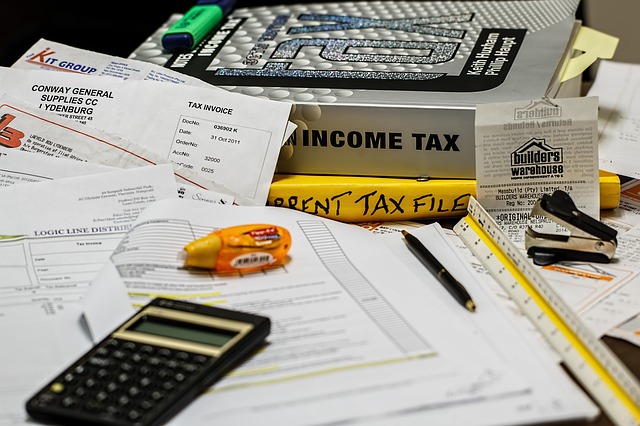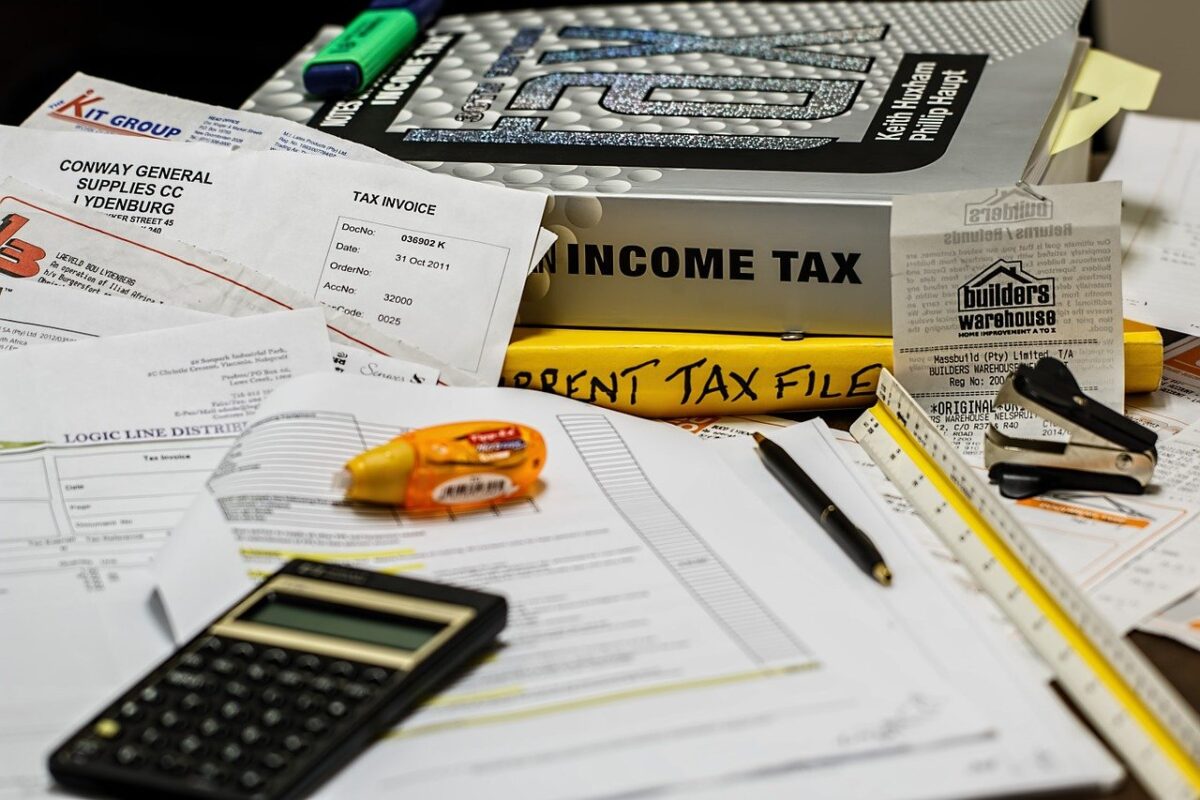Low overhead costs, greater scalability, and the ability to work from anywhere desired makes
an online business appealing. However, online business owners are subject to the same
requirements as brick-and-mortar stores.
Hire an Accountant
Many people are good at operating a business, but lack money management skills. Meeting tax
deadlines and having up-to-the-minute financial details are just some of the benefits of hiring
an accountant. The professionals have experience, strategies and highly specialized software.
They provide multiple financial services, relieve stress on owners, and enables individuals to
focus on operating their business.
Budgeting
A realistic budget is an integral part of operating any business endeavor. Doing so will tell
owners if they’re overspending, if collections are slow, and allows individuals to make
adjustments as needed.
Business Software
For those determined to take care of the financial aspects themselves, there are business
accounting software programs that can be used. However, they don’t have the specialization of
those utilized by accountants.
Entering Data
It’s critical to enter receipts, invoices and all transactions immediately to ensure accuracy. It’s
necessary to track income and expenses for tax purposes. It provides a record of business
health. Payroll will also need to be addressed if the business has employees.
Taxes
Business owners need an excellent grasp of their tax obligations and filing deadlines. There are
self-employment taxes and other expenses for which business owners are liable and for which
they must plan.
Financial Changes
Tax laws change quickly and they can adversely affect any business owner that doesn’t see
them coming. Staying informed of those changes will help individuals protect their enterprise.
Business owners must stay informed of issues affecting their industry.
Follow the Financials
Go over financial statements monthly to understand the financial state of the business. Those
statements will indicate areas where the company is doing well and where improvement is
needed.
At Peavy and Associates PC our mission is to assist you with all your tax preparations, payroll and accounting needs. We provide our clients with professional, personalized accounting services and guidance in a wide range of financial and business needs. Give us a call today (843) 347-0849 and discover why our clients return to Peavy and Associates, PC year after year!










